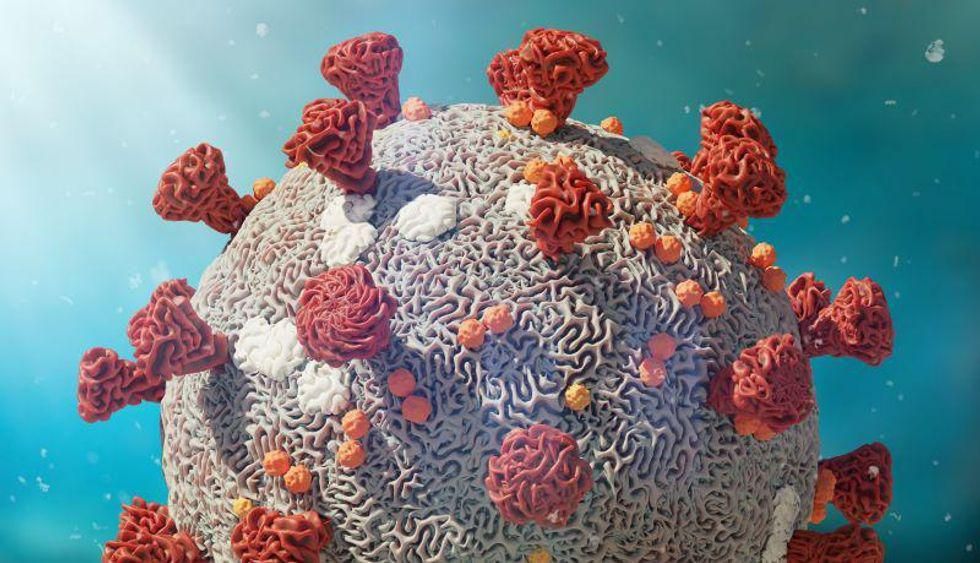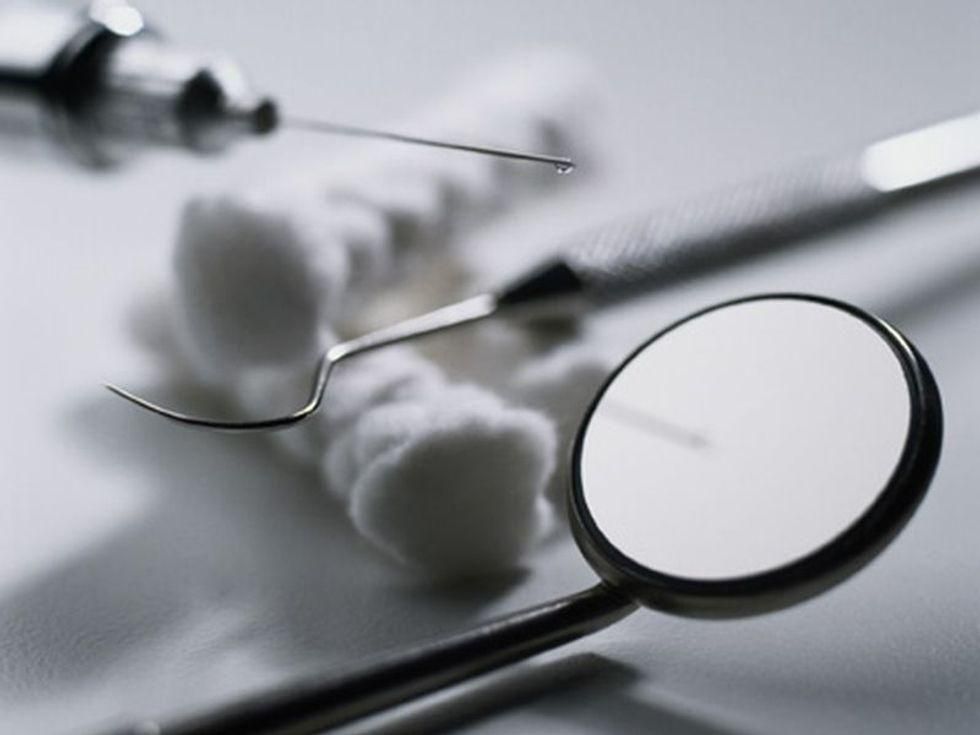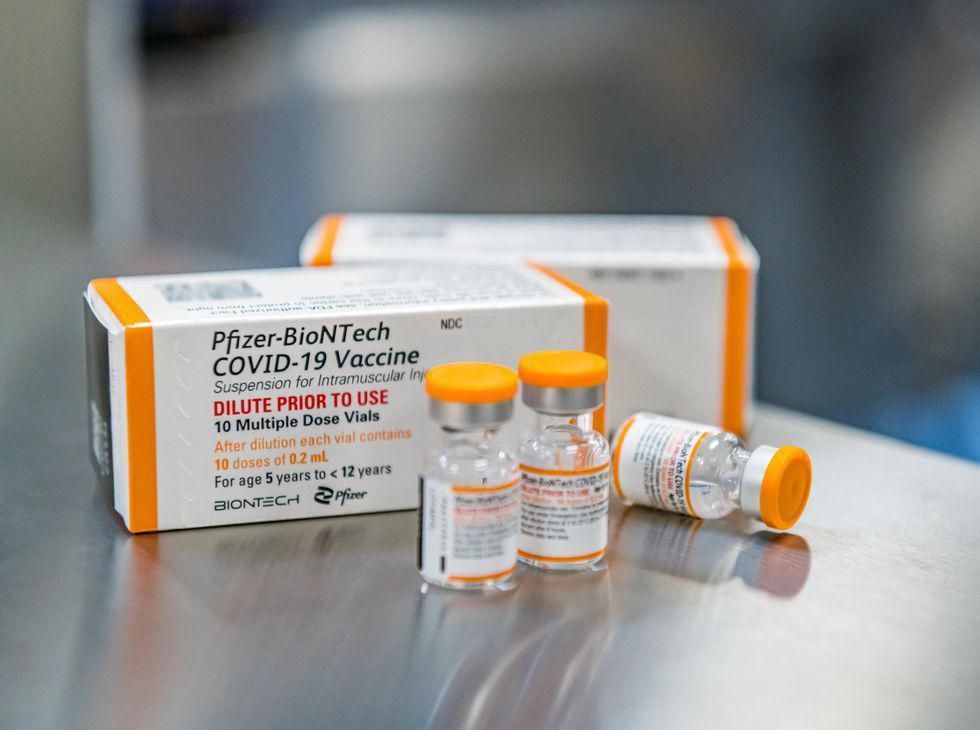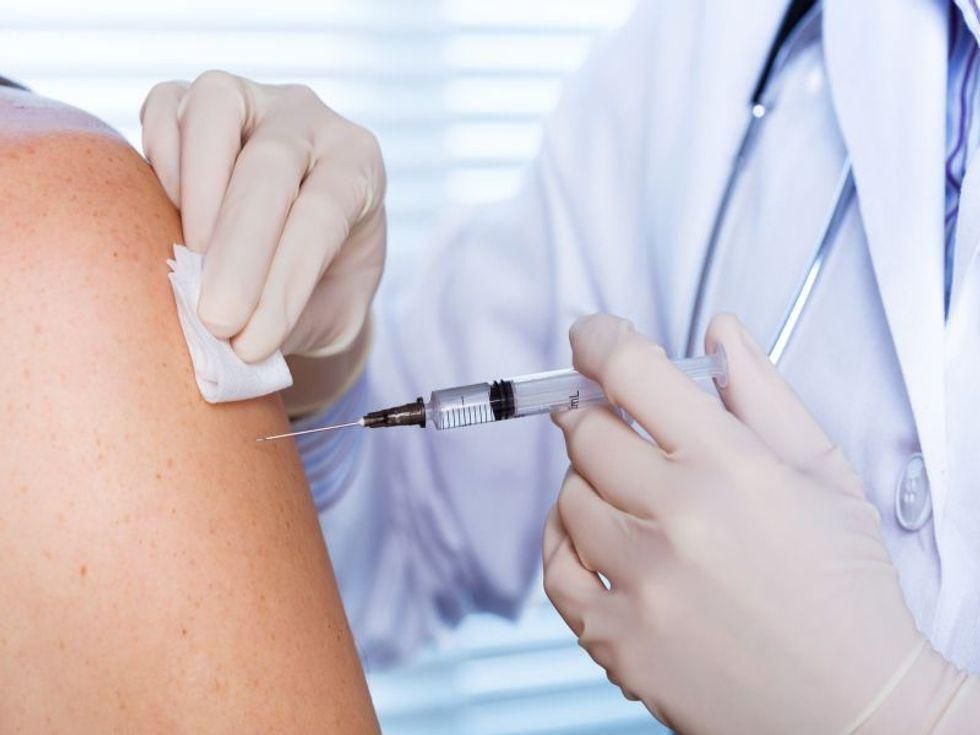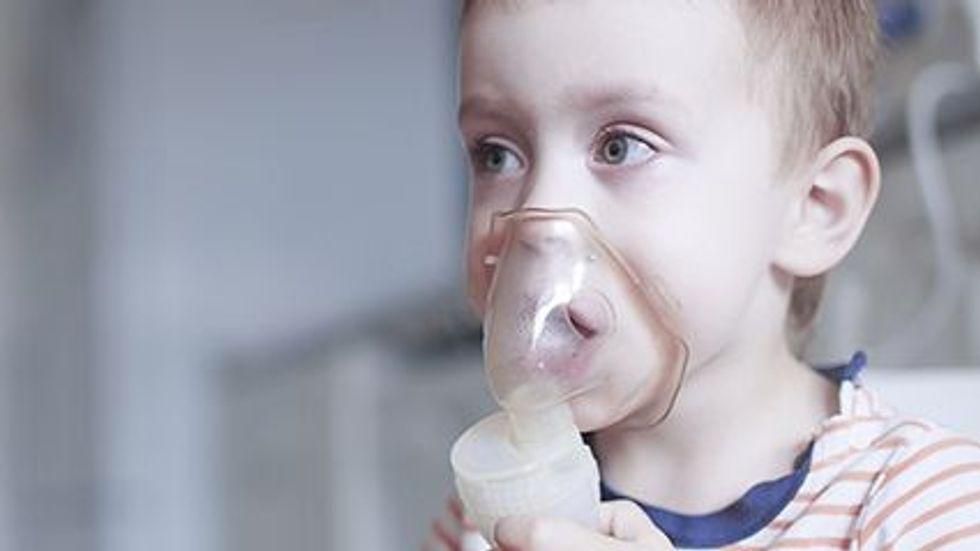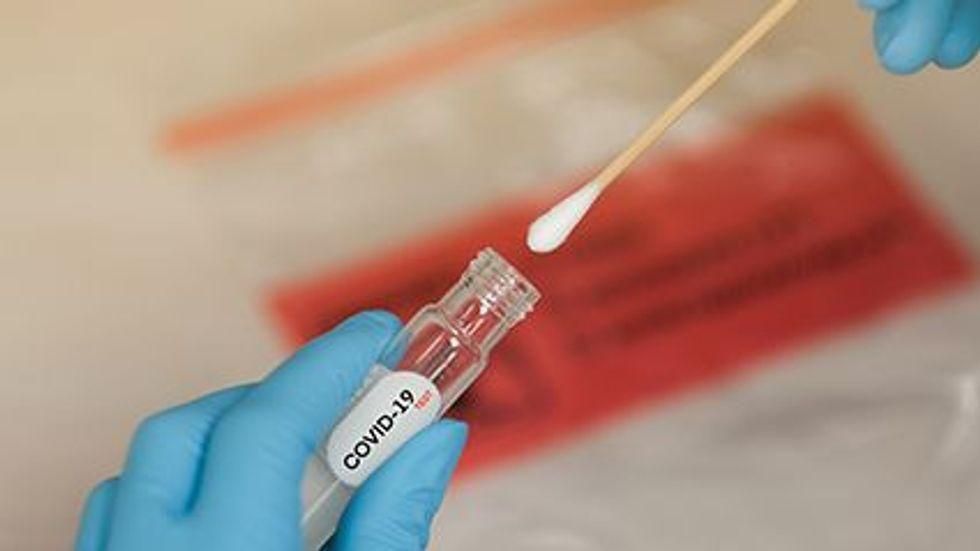
White House press secretary Jen Psaki said Sunday that she has tested positive for COVID-19 and has mild symptoms. Psaki said she was last in contact with President Joe Biden on Tuesday at the White House, where they wore masks and stayed more than 6 feet apart, the Associated Press reported. Biden, who got his… read on > read on >










